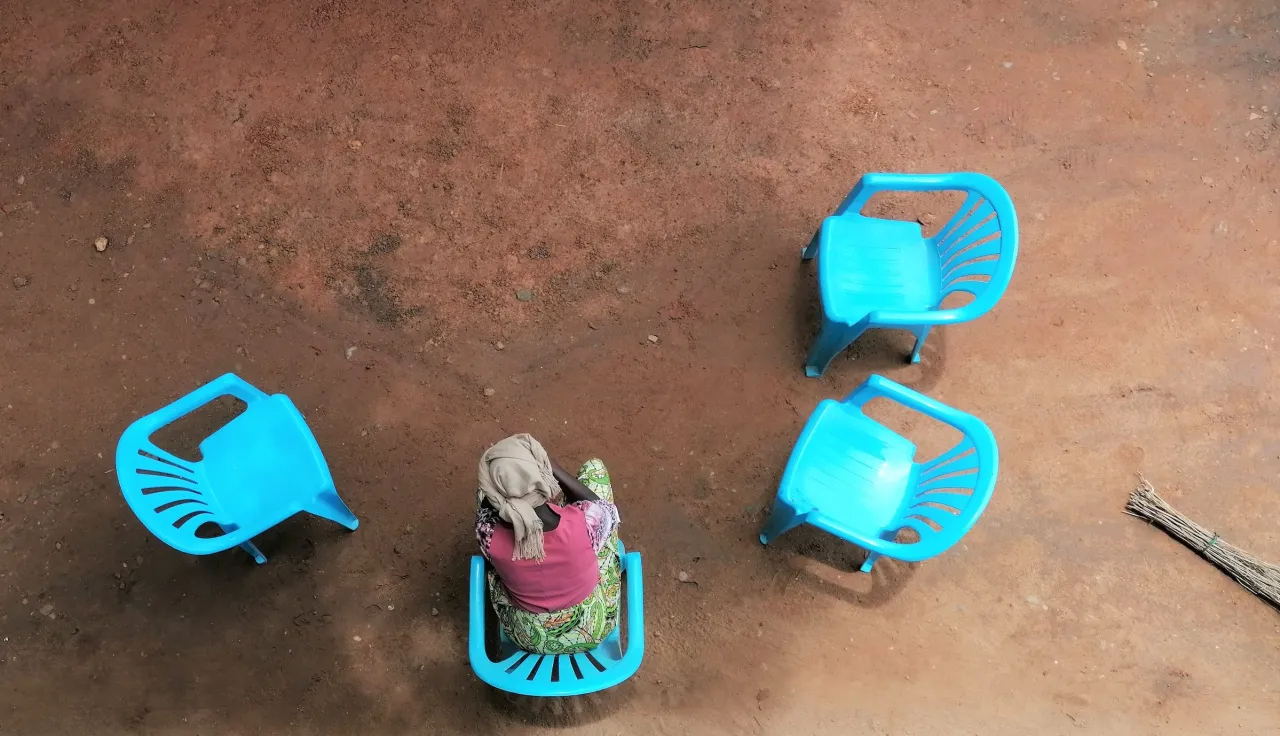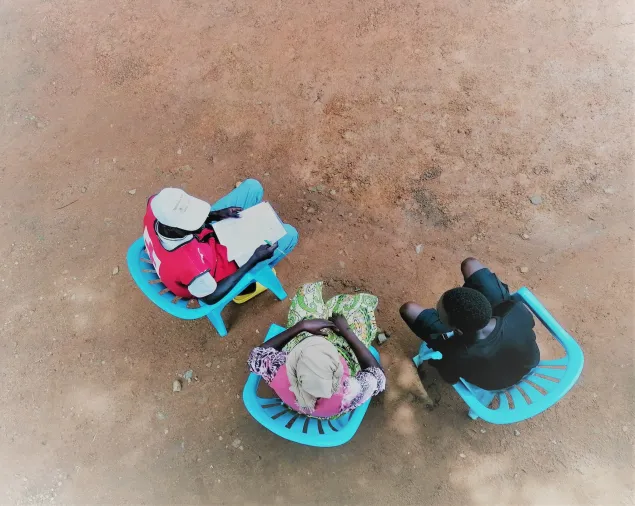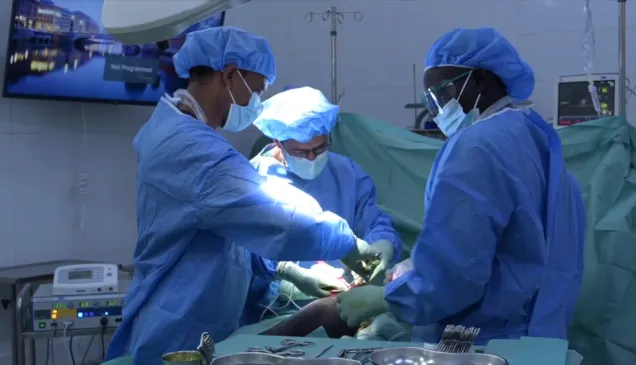South Sudan: The pain, memories and hope

JUBA (ICRC) – Nyakol (not her real name) struggled to reconstruct the last moments with her brother just before explosives rocked her neighborhood in Malakal, Upper Nile State, in May 2014. The harder she tried, the more painful it became. Within seconds, her brother was gone, and that was more than 10 years ago.
But slowly, the 28-year-old lady pulls herself together and, with some difficulty, remembers the confusion and chaos that followed the bombings. Children cried and mothers screamed, as people fled in different directions, according to Nyakol, who along with her mother and some members of the family ended up at a Protection of Civilian (PoC) site established by the United Nations Mission in South Sudan in Malakal.
Suddenly, it occurred to the family that one member was missing – Nyakol’s elder brother, Tong (not his real name). “He did not go with us. He ran in his own direction,” she said. Her brother was 20 years old at the time and no one has heard from him since then.
South Sudan had descended into an armed conflict in 2013. The fighting broke out in Juba and rapidly spread to other parts of the country, including Upper Nile, which witnessed some of the fiercest battles.
Nyakol said that for more than a decade, her family, particularly her mother, has had to endure the pain of the loss of a son and live with the burden of unanswered questions about his fate.
Nafisa (not her real name), a 58-year-old woman from neighboring Sudan shares Nyakol’s anguish, having lost contact with her grandson, seven-year-old Ahmed (not his real name), as the family fled the conflict in Sudan in December 2023. Nafisa’s escape to relative safety in South Sudan was wrought with difficulties and pain. In addition to the disappearance of Ahmed, she had to contend with the deaths of some members of the family, including her daughter’s husband.
“The moment I realized that Ahmed was not with the rest of us, I decided to go back and look for him, but a man in our group told me that was a bad idea”, “Do you want to lose all of them?” the man asked. The family spent three months at the border town of Renk and one day, Nafisa was informed that some unaccompanied minors had been brought to the Gorom Refugee Settlement on the edge of Juba. This persuaded the family to travel to Juba and visit Gorom. Despite her desperate efforts, Ahmed’s fate remains unknown.
Despite the emotional anguish their families are still going through, Nyakol and Nafisa continue to treasure and share very fond memories about their loved ones. “He used to call me Mama, although I was his grandmother,” recalls Nafisa, referring to her grandson Ahmed. “Mama, I am going to school because one day I want to become a doctor or a pilot,” Ahmed used to tell his grandmother.

Tut also remembers all the good times she spent with her brother, something she admits causes her to miss him even more. “There are things a brother can do for you that others can’t,” she said, addressing no one in particular. “He would always be there to defend me,” Nyakol added.
Nyakol and Nafisa pointed out that their families might be shattered by loss, but they still find solace in the believe that their loved ones are not gone forever.
The legacy of conflict and displacement has left profound scars amongst hundreds of thousands of South Sudanese, as well as Sudanese. In South Sudan, more than two million people remain displaced within and outside the country. Thousands of families have been torn apart, often without any means of reuniting.
As of June 2025, the International Committee of the Red Cross (ICRC) and South Sudan Red Cross (SSRC) are actively addressing over 6,000 open cases of missing persons. In the first half of the year alone, 124 cases were clarified—offering long-awaited answers and a small measure of peace.



